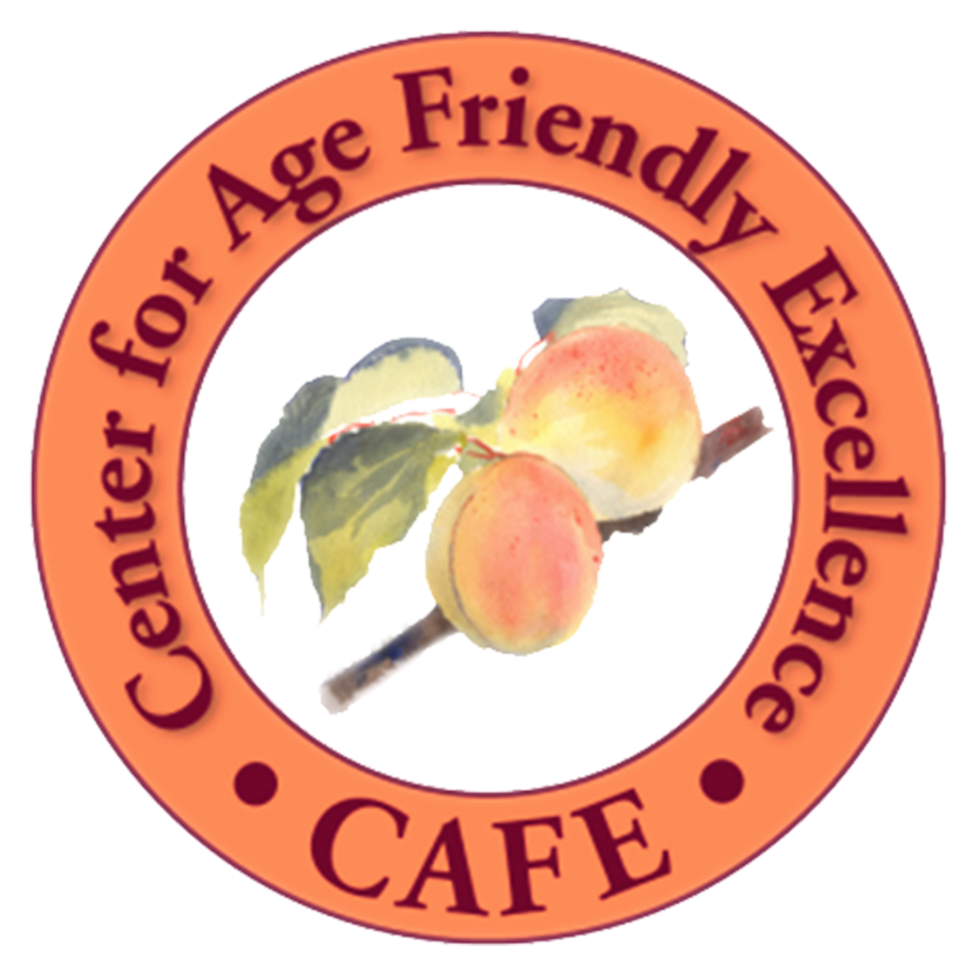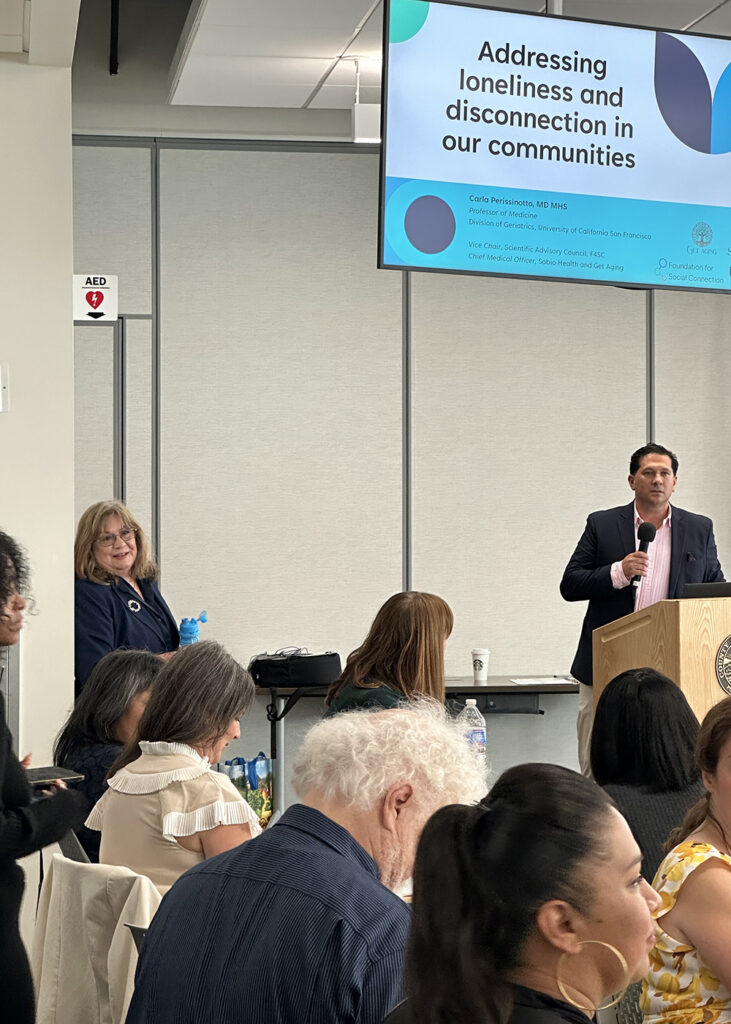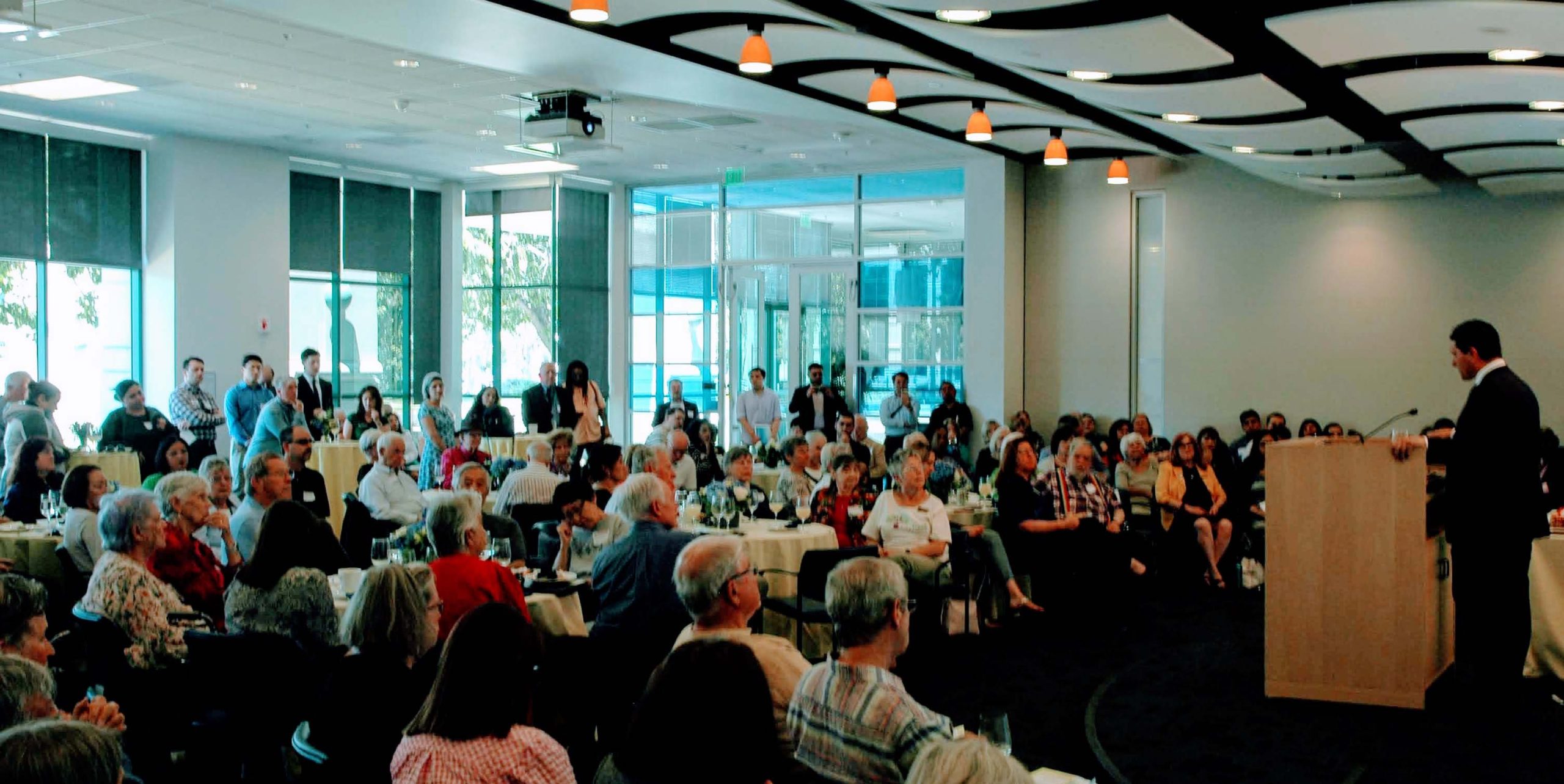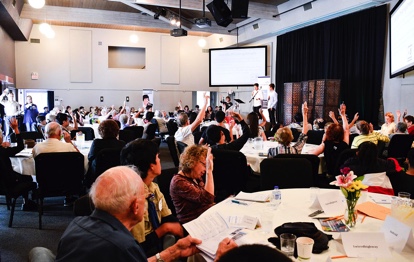
Year in Review: Celebrating CAFE’s Milestones in Advancing Age-Friendly Communities
As we step into 2025, the Center for Age-Friendly Excellence (CAFE) looks back on an extraordinary year of progress, collaboration, and impactful programs that brought us closer to our vision of vibrant, inclusive, and multigenerational communities. Guided by our mission to foster positive change, 2024 was marked by milestones that advanced the global Age-Friendly initiative across San Mateo County and beyond. CAFE worked in collaboration with the California Department on Aging Local Aging and Disability Action Plan project, San Mateo County and the City of Los Altos.
PACIFICA COMMUNITY TOWN HALL MEETING - SPRING 2024
We wanted to share Enhancing Livability for Older Adults—Pacifica Community Town Hall Meeting, our new mini-movie about the recent workshop session led by CAFE’s Associate Director Roy Earnest. This was a well attended event, with a highly engaged group of residents who had great conversations about how we might enhance livability for older adults in Pacifica. This provides a glimpse into the impact of CAFE helping to convene important conversations with local communities.
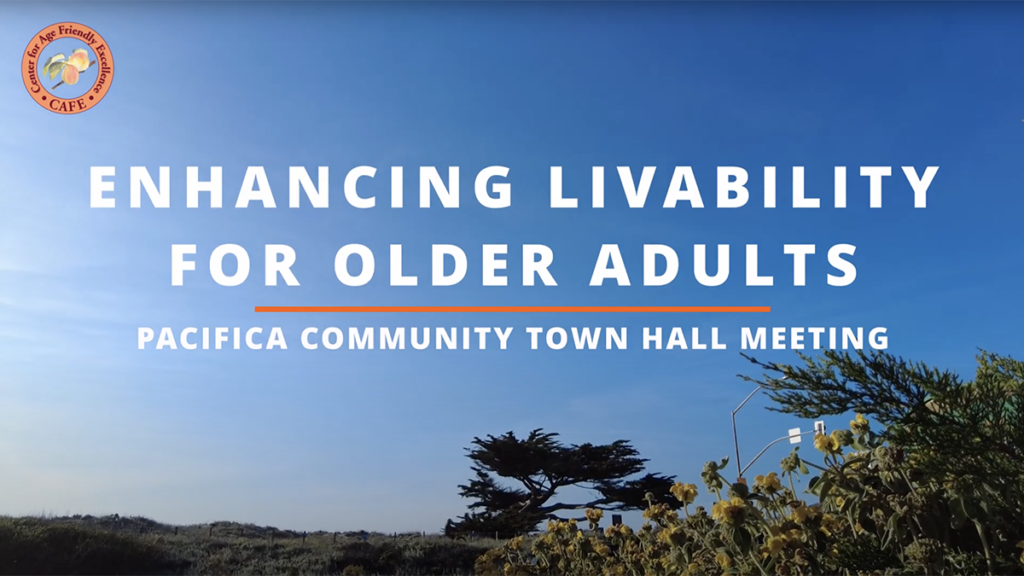
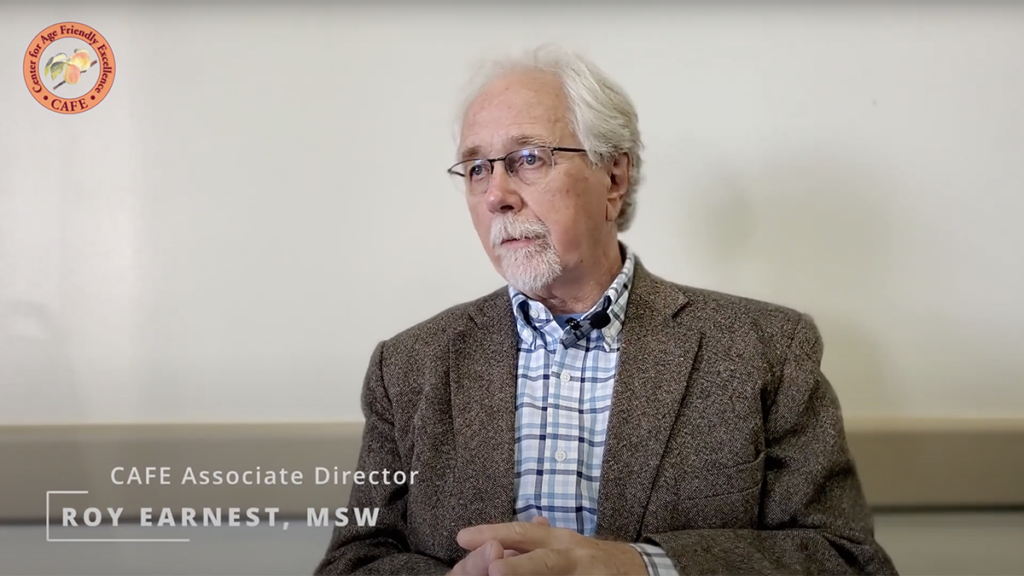
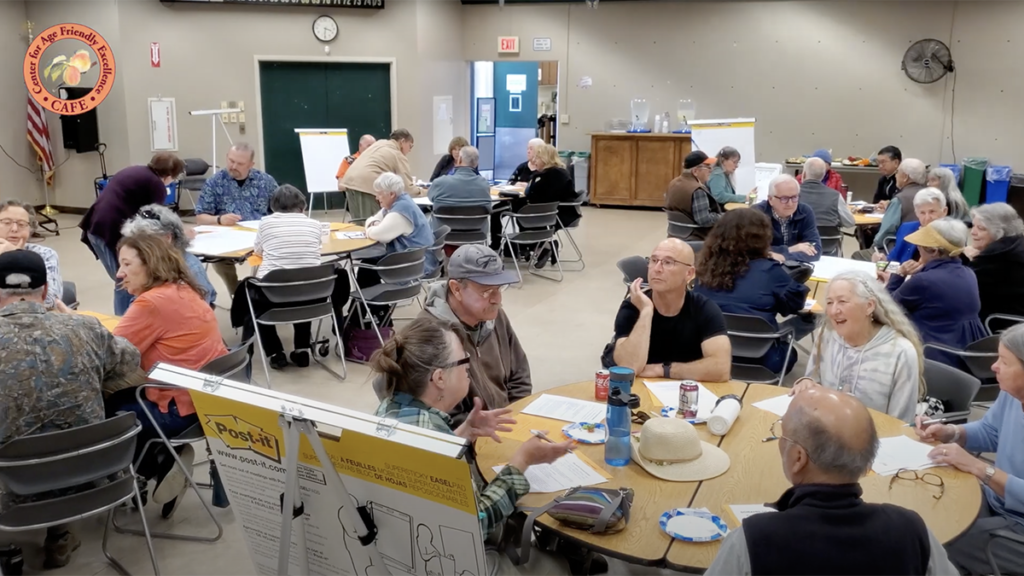
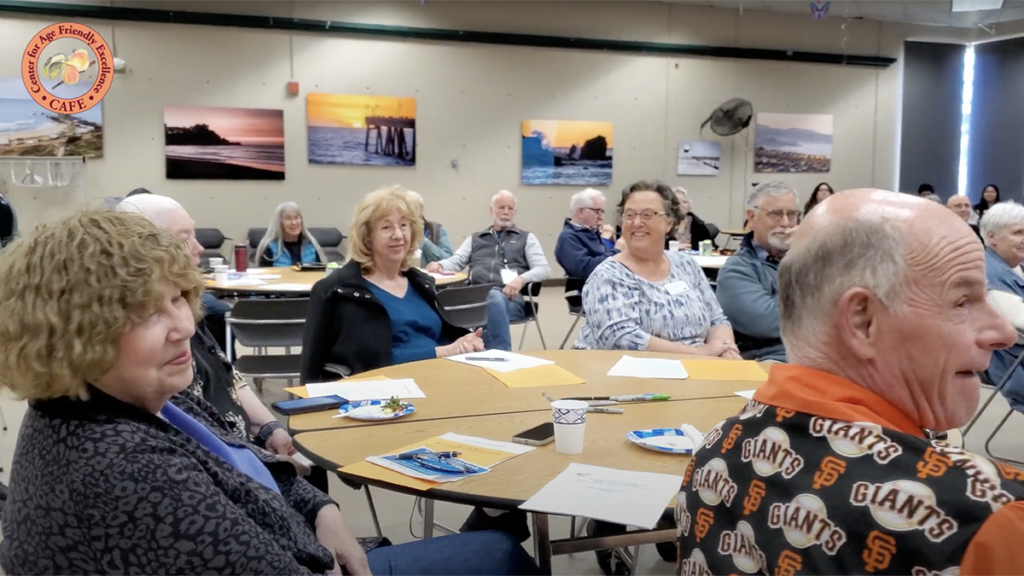
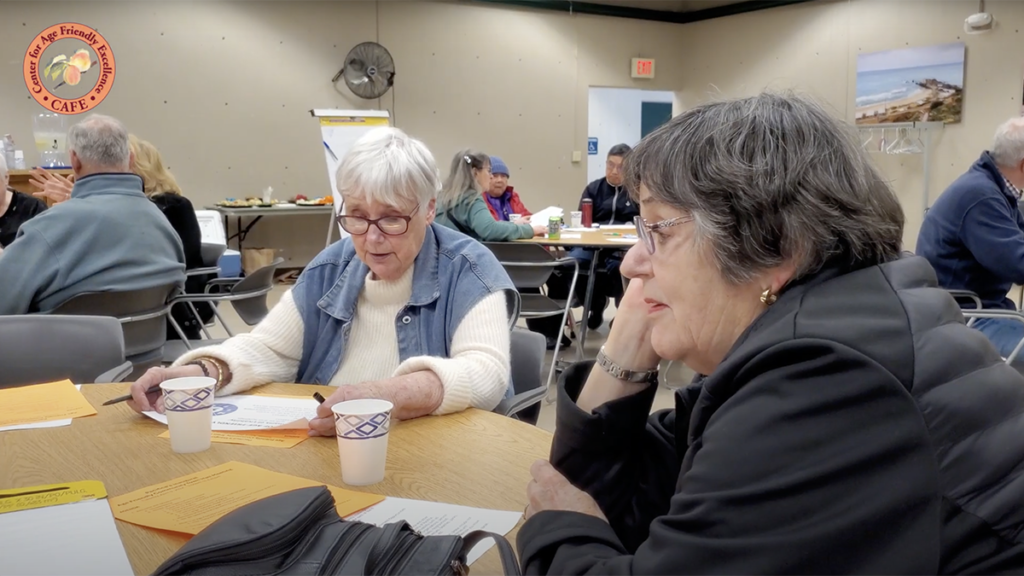
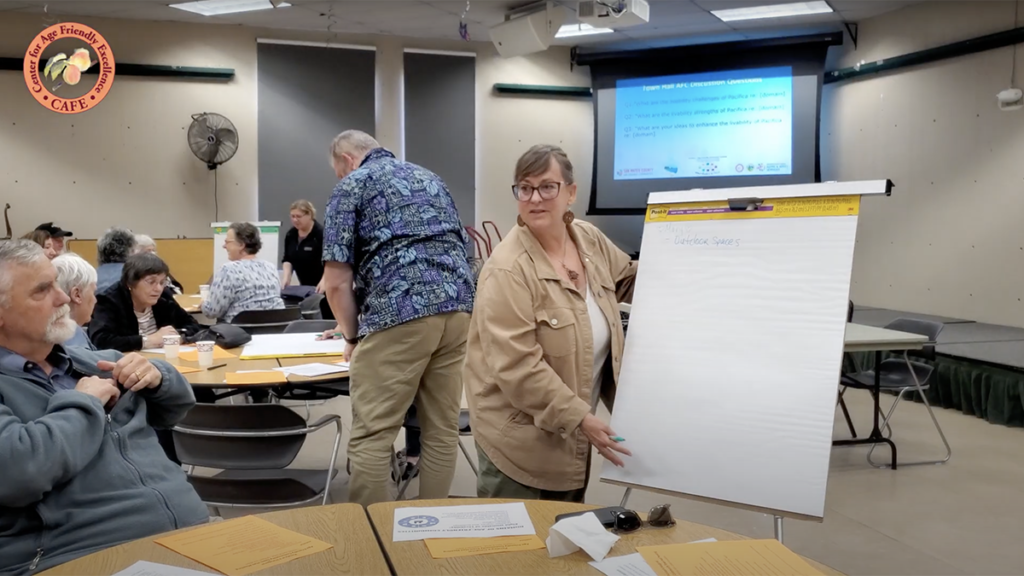
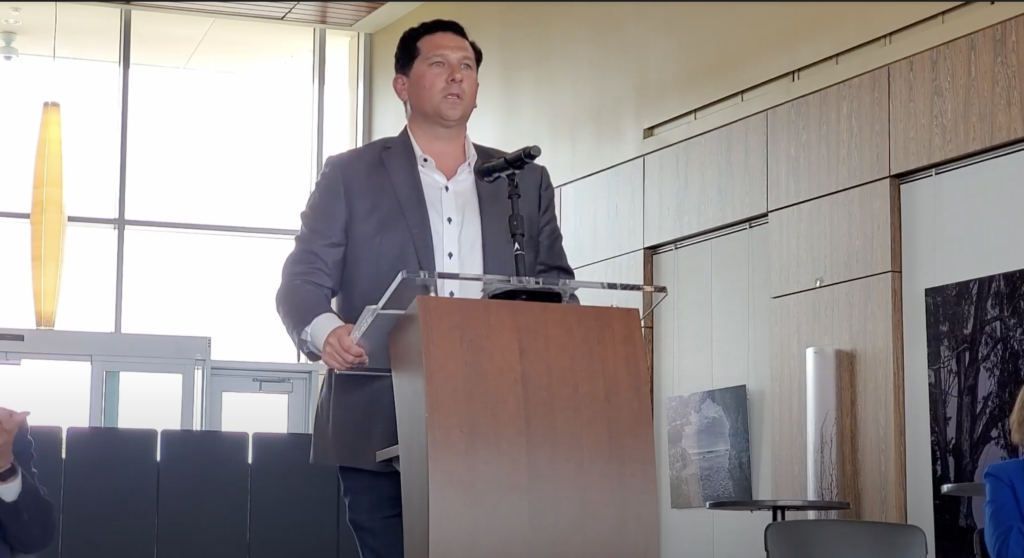
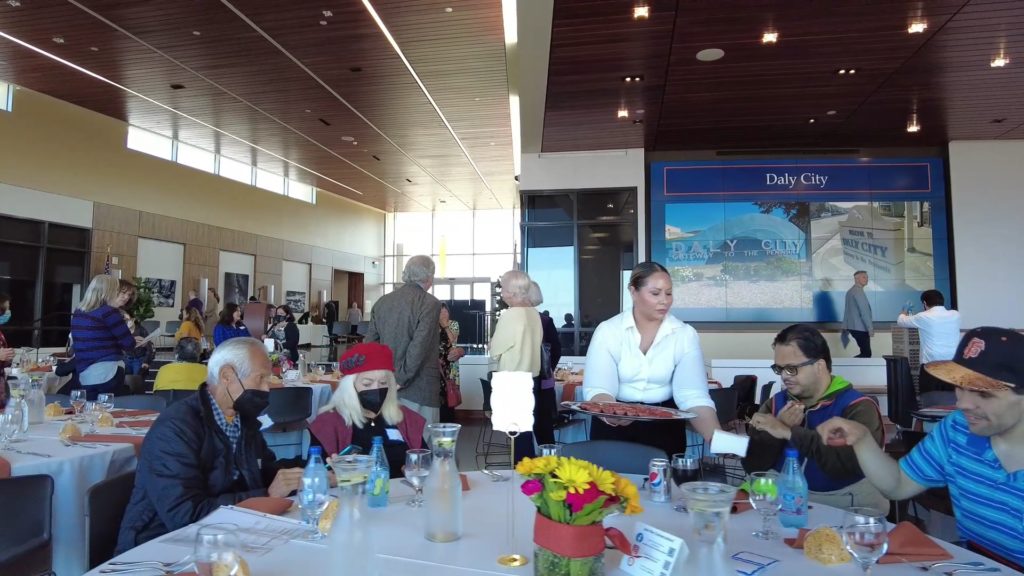
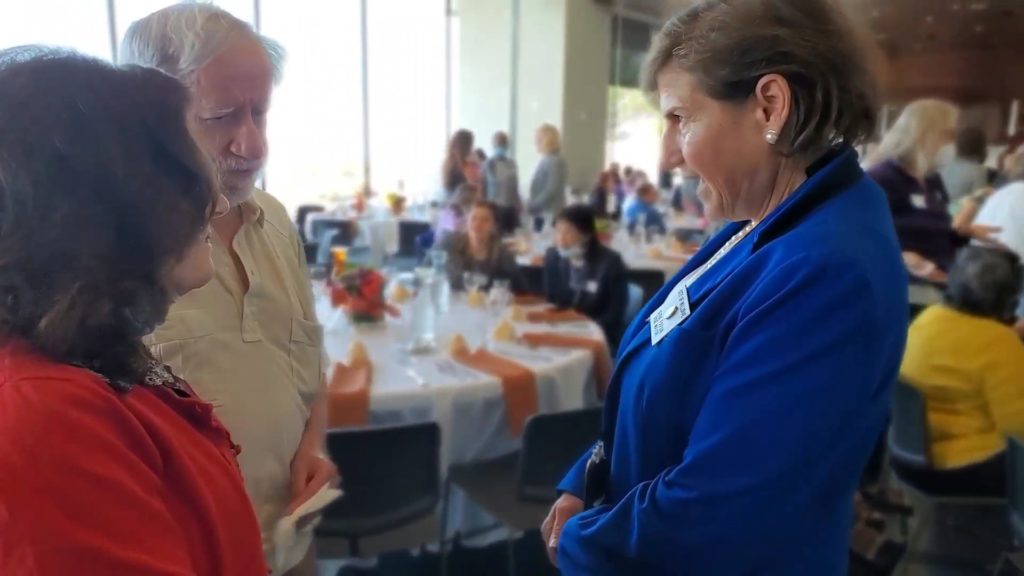
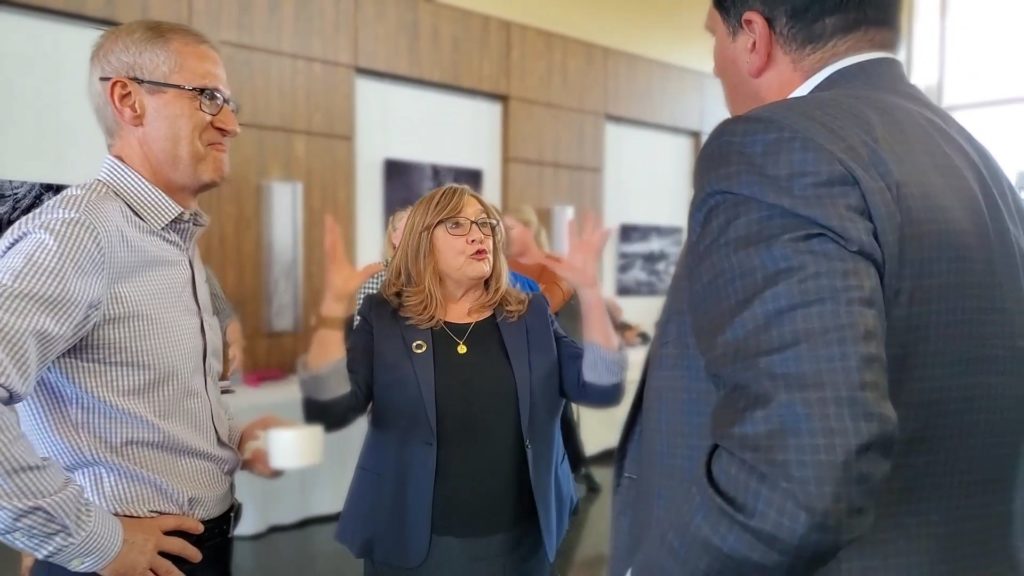
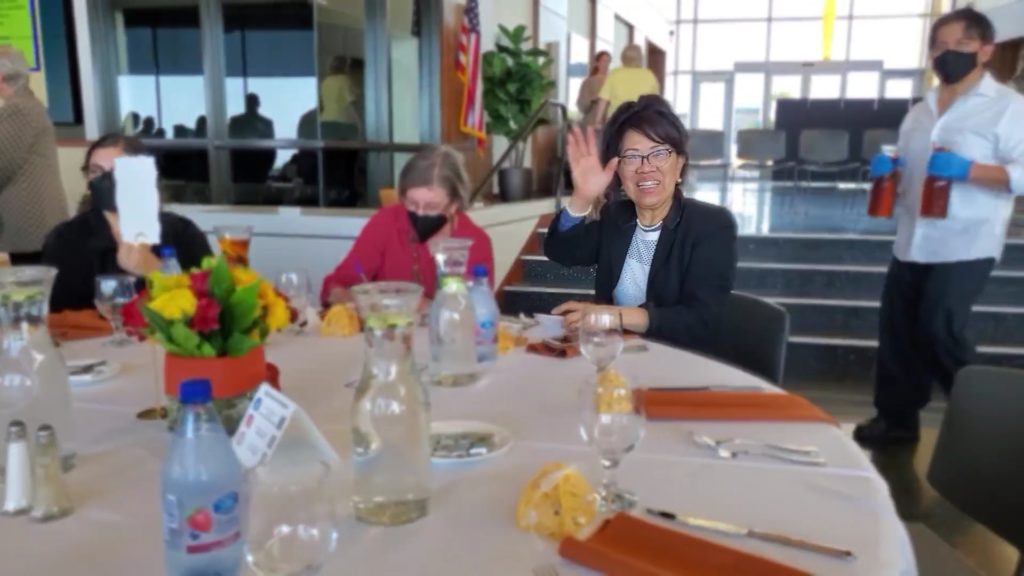
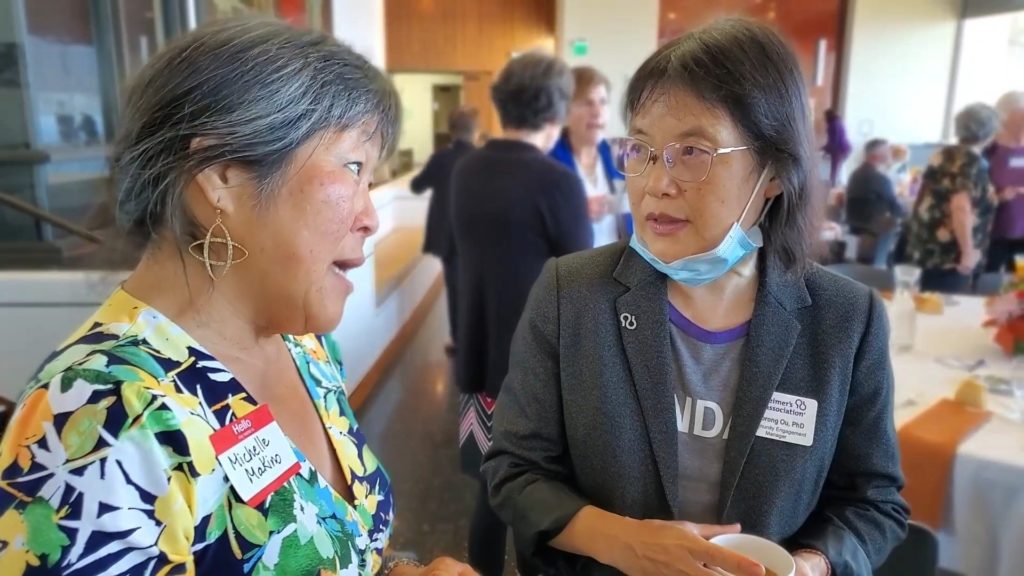
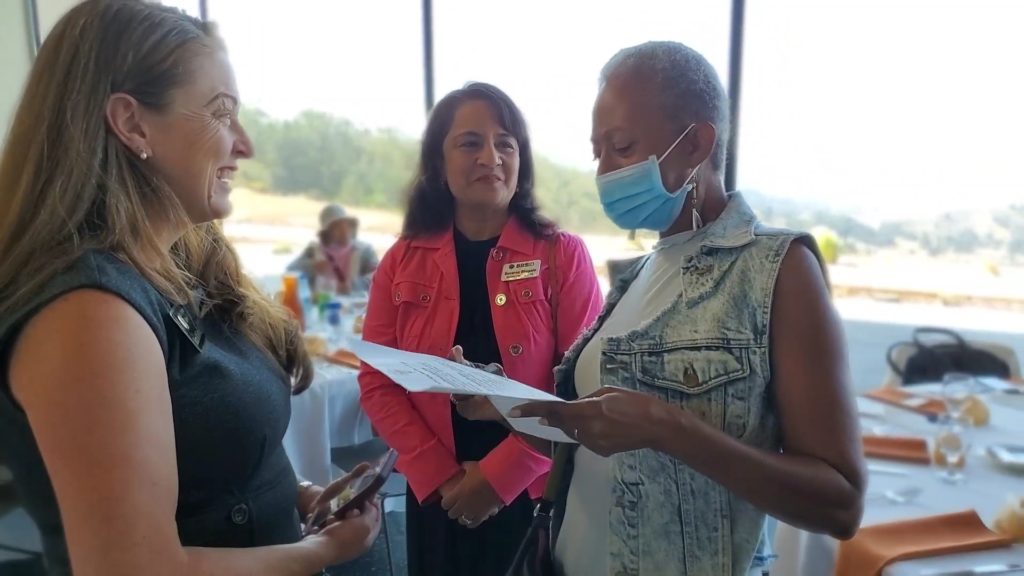
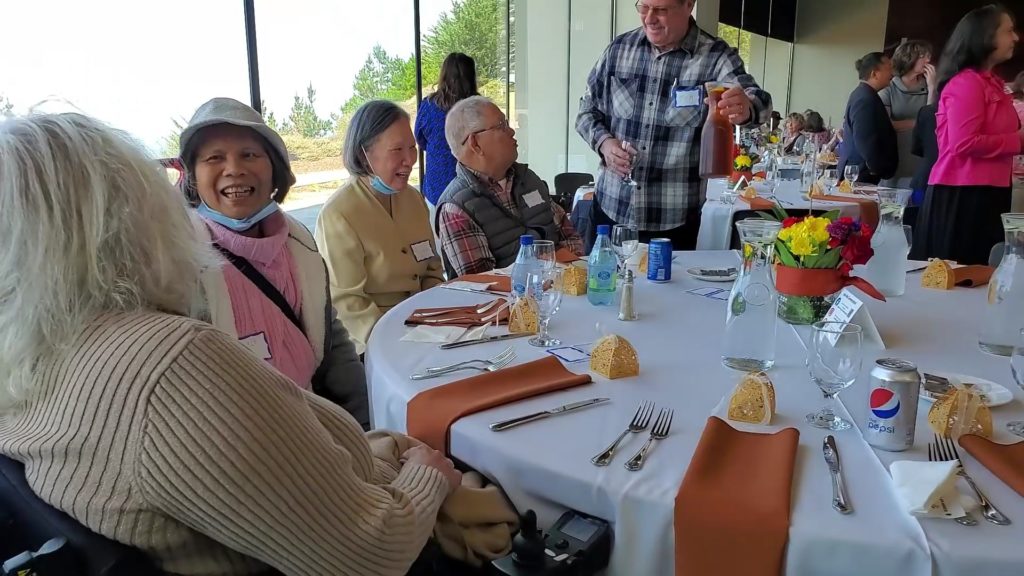
Celebration of Age Friendly San Mateo County
San Mateo County just celebrated ten cities joining the worldwide network of Age-Friendly Communities. The CAFE team supported the County and each city in achieving this important milestone. There was overwhelming community support evident at the event, including community leaders, private and non-profit organizations, and multiple government sectors.
The project to achieve age friendly recognition was funded by the County, led by a Core leadership group of local leaders, and guided by the Office of Supervisor David Canepa. CAFE is honored to assist this much-needed work!
CAFE Technical Assistance to Nursing Homes in a Time of COVID Pilot Project in Bend, Oregon
CAFE launched an innovative pilot project in Central Oregon to support two local nursing homes in the time of COVID-19. Recognizing that 40 percent of the deaths from Covid-19 have occurred in long-term care facilities in the US, the key initiatives of the pilot were focused on integrating innovations in best practice care approaches around infection control, community support, and humane end-of-life care.
The Peaceful Presence Project
Age-FrIendly Cities during a global pandemic
We are excited that CAFE’s fellows, Pauline Martinez and Cynthia Nakayama, just published a peer-reviewed journal article, Age-Friendly Cities During a Global Pandemic, in the Journal of Gerontological Nursing. This highlights some of the important work and thought-leadership being delivered by the CAFE team.
He brings great energy and effort to this project to help make the city age-friendly. We asked him two questions:
1) Why did you want to participate in the City of San Mateo’s age-friendly effort?
2) What do you think the benefits of being age-friendly are for the City of San Mateo?
As our population rapidly ages, it’s time to take steps to help our older adults live healthy and active lives.
Data indicates that San Mateo County will have 53 percent more adults between the ages of 65 and 74 by the year 2030 than there are today and the 75- to- 84-year-old age group will experience a 71 percent increase by the year 2030, according to the Commission on Aging.
Redwood City and Daly City are the first two cities in San Mateo County to be designated as age-friendly communities by the World Health Organization. This step is the culmination of a two-year effort supported by San Mateo County and the Center for Age-Friendly Excellence (CAFE) that was announced in August 2018.
In Santa Clara County, CAFE provided technical assistance to the Department of Aging and Adult Services (DAAS) to guide all 15 cities in the county to become “age friendly” per the guidelines of the World Health Organization (WHO). Los Altos and Los Altos Hills have already earned the WHO designation, a two-year funded project that required CAFE to form a new model of community organizing.
Santa Clara estimates that by 2030, one in four of its residents will be over 60. Heather Cleary, executive director of Peninsula Family Service in San Mateo County, said that one in five of the residents in San Mateo County is over 60. However, aging is influenced by other factors, according to Dr. Anabel Pelham, professor of gerontology at San Francisco State University and founding director of the Center for Age-Friendly Excellence.
